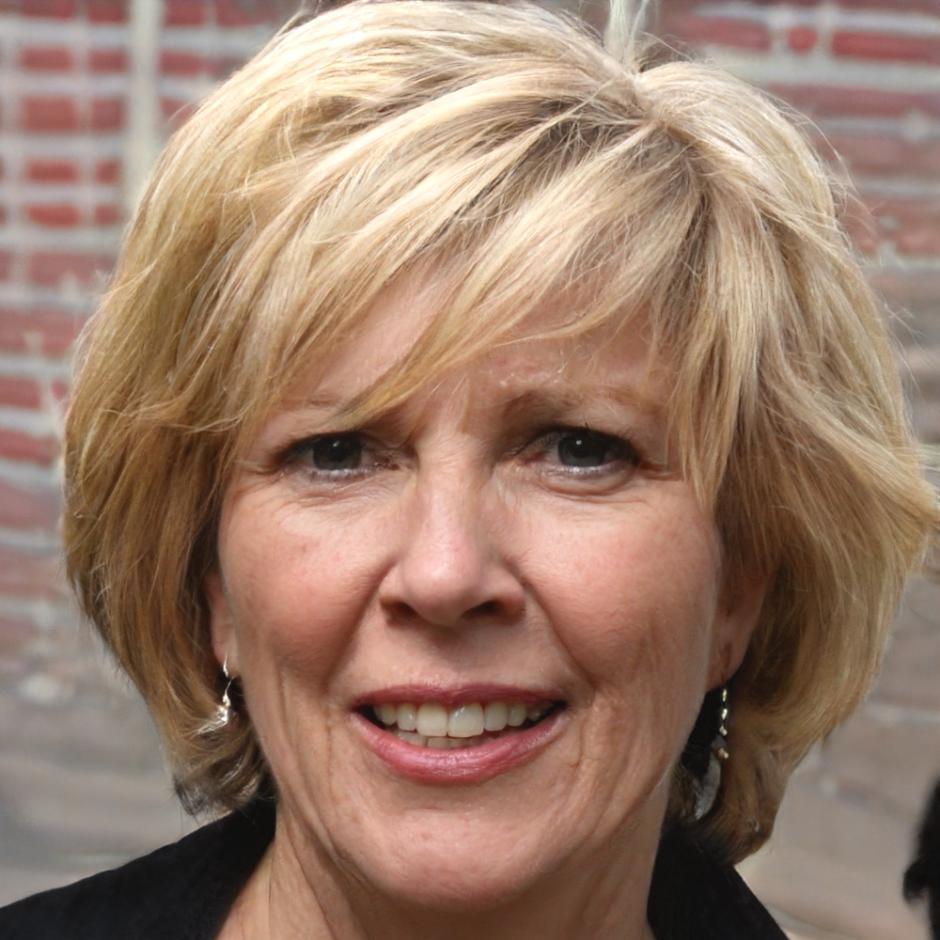Financial foundations for Australian startups
Most early-stage founders spend months figuring out cap tables, investor reports, and runway projections. We built a program around what actually matters when you're trying to close your first proper funding round.
View Program Details

Why startup finance differs completely
Traditional accounting courses don't prepare you for the reality of startup financial management. You're not dealing with steady revenue streams or predictable expenses.
Instead, founders face burn rate calculations, dilution scenarios, and investor expectations that change as you scale. And frankly, making a mistake with your Series A valuation or botching a SAFE note conversion can cost you years of equity.
- Understanding pre-money and post-money valuations in practical terms
- Building financial models that actually help with decision-making
- Communicating runway and unit economics to potential investors
- Managing early-stage cash flow without destroying equity structure
What you'll work through
Our curriculum focuses on the financial skills that matter when you're raising capital and scaling operations in the Australian startup ecosystem.
Fundraising fundamentals
Learn how to structure deals, negotiate term sheets, and understand what investors look for in your financial documentation. No generic advice—just what works in real conversations.
Operational finance
Build systems for tracking metrics that matter, managing runway, and making hiring decisions based on actual cash position rather than optimistic projections.
Investor relations
Create monthly updates that board members appreciate, handle difficult financial conversations, and present numbers with confidence during due diligence.


Practical learning structure
We run cohorts starting August 2026 with a mix of online sessions and in-person workshops in Perth. Classes happen twice weekly over twelve weeks.
You'll work with real financial scenarios from Australian startups—anonymized but authentic. The exercises include building your own three-statement model, creating investor decks, and practicing pitch presentations with actual investors who volunteer their time.
This isn't passive learning. You'll present your work, get feedback, and revise based on what experienced founders and investors tell you needs improvement.
About Our ApproachLearn from people who've done it
Our instructors have raised funding, managed startup finances through growth stages, and worked with Australian VCs and angel networks. They bring actual experience, not theory.

Freya Lindström
Financial StrategyPreviously CFO at two Perth-based tech startups that raised over $8M combined. Now helps early-stage founders build financial systems that support growth without creating unnecessary complexity.

Siobhan O'Doherty
Investment RelationsSpent six years analyzing investment opportunities for an Australian VC fund. She reviews hundreds of pitch decks annually and teaches founders what actually gets attention during funding rounds.
Twelve weeks to financial confidence
Our next cohort starts August 2026. Here's how the program unfolds.
Weeks 1-3: Financial foundations
Build understanding of startup-specific financial statements, cap table mechanics, and equity structures. Work through real scenarios from seed-stage companies.
Weeks 4-6: Fundraising preparation
Learn to create financial models investors expect, understand term sheet components, and practice presenting your numbers with confidence.
Weeks 7-9: Operational finance
Develop systems for tracking metrics, managing runway, and making financial decisions as you scale. Focus on practical tools and processes that work.
Weeks 10-12: Investor relations
Practice creating board updates, handling difficult financial conversations, and presenting during due diligence. Final presentations to guest investors.